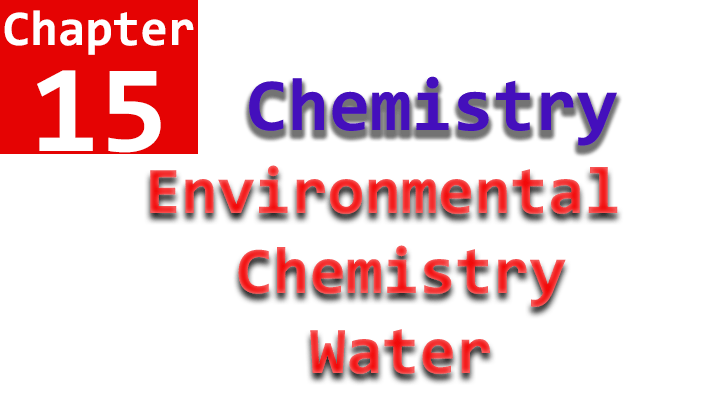Notes of 10th Chemistry Chapter No. 15 Water, All Long Questions, Short Questions and MCQ’s.
In Unit No. 15 of 10th-grade Chemistry, students will delve into the fascinating field of Environmental Chemistry II: Water. This unit focuses on the vital resource of water, its occurrence, significance in the environment, and its crucial role in various industries. Students will explore the composition and properties of water, gaining insights into its unique characteristics.
Long Questions of Chapter No. 15
Short Questions of Chapter No. 15
MCQ’s of Chapter No. 15
- 10th Class Pak Study Textbook
- 9th and 10th Class General Science Textbook
- Chapter No. 9 Notes 10th Chemistry
- Biology 10th Class Past Papers
- English Past Papers of 10th Class
An essential aspect of this unit revolves around understanding the different forms of water hardness, namely soft, temporary, and permanent hard water. Students will learn about methods to eliminate temporary and permanent hardness, ensuring access to clean and usable water.
As environmental awareness is paramount, the unit will delve into the identification of water pollutants. Students will analyze various water pollutants, including industrial wastes and household waste, and comprehend the detrimental effects these pollutants can have on the environment and living organisms.
Moreover, this unit emphasizes the importance of maintaining water quality and the implications of waterborne diseases. Students will explore various types of waterborne diseases, deepening their understanding of the critical need for safe drinking water.
Throughout this unit, students will develop critical thinking and analytical skills as they analyze the impact of water pollutants and explore solutions to maintain water quality. The knowledge gained in this unit will foster environmental consciousness, encouraging responsible stewardship of water resources for a sustainable and healthier planet.
By the end of this unit, students will be equipped with a comprehensive understanding of water’s significance, its challenges, and the necessary measures to safeguard this precious resource. They will also gain insight into the broader implications of water quality on ecosystems and human well-being, inspiring them to make informed choices to protect and conserve this invaluable resource.

